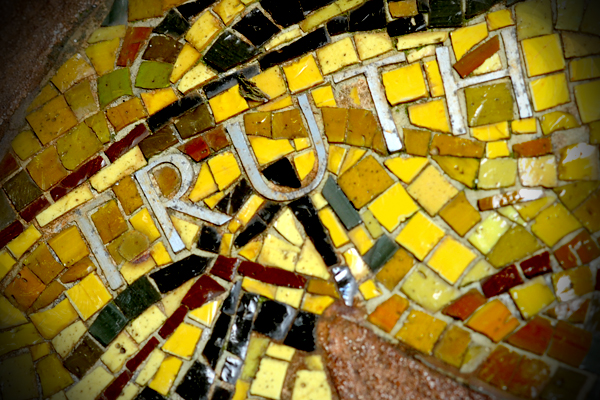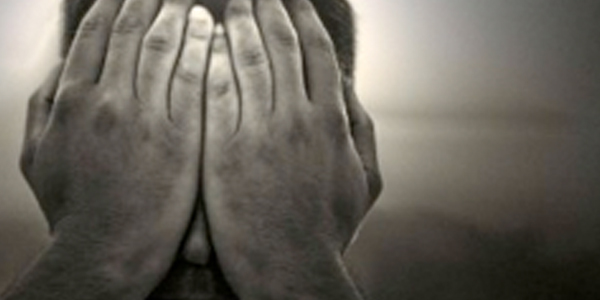
A true belief never hurts.
A false belief hurts.
This is powerful stuff.
“I need to be home when my kids get home from school.”
I don’t know why I am hanging on to this one so hard, but that is a false belief. It hurts when I think I am not being the kind of parent I want to be.
It leads into a litany of false beliefs I have about parenting…
A good parent makes healthy lunches.
A good parent keeps them on track, doing their best.
A good parent spends quality time with her kids.
A true belief for me, is,
“I am doing my best as a parent for me and my children.”
Or even simpler, “I am trying.”
When I don’t make the best choice or best decision, it stings in the moment, but it doesn’t really hurt down deep. I am making mistakes from a place of love and trying. Those thoughts/mistakes sting so that I notice and make course corrections, but they don’t cut deep.
False beliefs come from other people and society. False beliefs come from “Everybody”. Like, “Everybody is sending their kids to summer camp.”
I’m feeling the guilt.
Guilt is a great indicator of a false belief.
True beliefs never hurt, they are just informational. False beliefs hurt, and bring that belief to the surface to be swept away.
If you believe you deserve abuse, it stays with you because you believe it.
If someone attacks you and you don’t believe it, it just goes past you. It smarts a little, but it won’t hurt you.
For example, if someone says, “You are the worst cousin anyone has ever had!” it wouldn’t bother me at all; in fact I would be confused. I have no cousins. It might smart because they are yelling at me and hurling insults, but it wouldn’t really hurt.
Something that is not true, will not hurt.
Once again, your body is a great compass for discerning false beliefs.
If it hurts… if it causes pain… examine that belief.
And if you find it to be false, replace it with a true one.
Louis CK tells you not to give your kid a cell phone (both of mine have them) but when you clear away the run-on jumble of words, he is really saying to feel your feelings. Experience the moment you are in.
Except Louis CK is really funny saying it. And relatable.
And I agree, that you are lucky to feel sad moments. Including the “forever empty”. Except I think that life is not just a series of sad moments with OK moments in-between, like sad moment connect the dots.
I think that it’s more like a pendulum. You need to fully feel the sad so you can fully feel the awesome. You can’t numb one without numbing the other. So, like CK said, relish the sad moments, but go on to create the awesome moments, and relish those too.
It’s not that hard, it just takes being aware and practice.

I love what Brené Brown has to say about Shame…
Guilt is… you did a bad thing.
Shame is… you are bad.
Shame needs three things to grow exponentially: secrecy, silence, and judgment.
And when you start naming the cause of your shame and talking about it with people who have earned the right to hear these stories in your life, it dissipates, because shame only works when it keeps you in this false belief that you are alone.
I think we carry shame in our bodies just like we carry trauma in our bodies. One of the interesting studies on this was from James Pennebaker at the University of Texas at Austin. He studied trauma, expressive writing, and physical wellness. What he found is that for people who held on to a secret of trauma – because of shame or because of guilt – keeping that secret had a worse effect on their physical well-being than the actual traumatic event.
How to be Shame Resilient:
Everyone is going to experience feelings of shame, yet we can become more “shame resilient”. People with a higher level of the shame resilience characteristic can lead to deeper connections with themselves and others. There are four traits that shame resiliant people had in common:
THEY KNOW WHAT SHAME IS. “They talk about the feelings, they ask for what they need. And they don’t call it embarrassment, they don’t call it guilt, they don’t call it self-esteem – they call it shame.
THEY UNDERSTAND WHAT ACTIVATES THEIR FEELINGS OF SHAME. For example, I can expect to be triggered as soon as I feel like I have disappointed someone or let them down. I am going to have a mental tape playing “you are not enough”. But because I am expecting it, I can greet it and say, “I get it, but not this time.”
THEY PRACTICE CRITICAL AWARENESS. Is it really true that my worth hinges on making someone else happy?
THEY REACH OUT. I might call a good friend and say, “Hey, this guy’s has been asking me to speak at a conference, but it’s on Charlie’s birthday. I said no and he got upset. I know I did the right thing, yet I am feeling like I am not good enough.”
Shame can’t survive being spoken. Talking cuts shame off at its knees.

